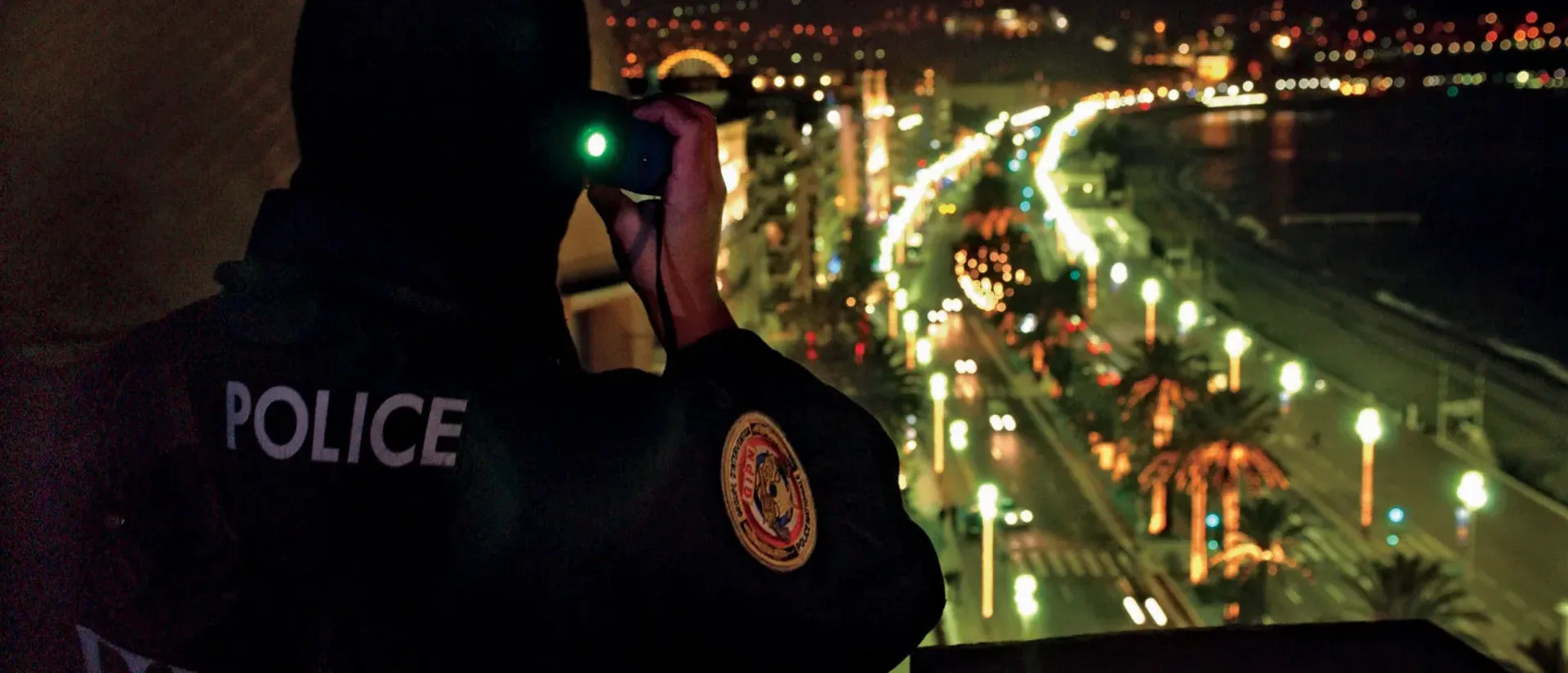by Matt Agorist, The Free Thought Project:
 The Los Angeles Police Department is preparing to integrate private camera feeds into their extensive surveillance dragnet.
The Los Angeles Police Department is preparing to integrate private camera feeds into their extensive surveillance dragnet.
(Biometric Update) The Los Angeles Police Department (LAPD) intends to develop a new surveillance center that will give police centralized access to live security feeds from cameras in public and private spaces, pending budget approval from Mayor Karen Bass. The department hopes to be able to access 10,000 cameras through the city through the program, which has been dubbed LAPD Live.
TRUTH LIVES on at https://sgtreport.tv/
Real-time surveillance center to utilize life feeds from home security cameras
The real-time crime command center would give police access to security cameras in and on city buildings, stores, police body cams and the department’s helicopters. It would integrate other software such as the Compstat intelligence tool onto one single screen. Homeowners could also register their own security cameras with the department to share footage from their property and be notified if a crime is committed nearby.
LAPD argues the program will reduce time and money spent on investigating crimes, gathering evidence, and talking to witnesses while “eliminat[ing] the need for officer visits to private residents” which in turn “preserves individual privacy.” It would also help mitigate the effect of a recent decline in sworn officers.
The LAPD previously tried to do something similar with Neighbors, an app that shares Ring camera footage and alerts with public safety officials. Those who agreed to Neighbors’ terms of service shared their information with police that would normally require a warrant, even when a crime hasn’t occurred. Some may have unknowingly shared their data with police.
Ring also made the LAPD a brand ambassador through a program, giving out free cameras in exchange for sign-ups. The program ended in 2019, and shortly after the Electronic Frontier Foundation reported that the LAPD had sent requests to Ring users to obtain footage of Black Lives Matter protests.
Around the same time frame, at least 50 other local police throughout the U.S. also partnered with Ring, subsidizing doorbell purchases that would in turn expand surveillance capabilities for police while allowing them to circumvent traditional approval processes. Ring also filed a patent to add facial recognition to the devices but never announced plans to add the feature after public criticism.
Police are also leveraging Ring camera privacy loopholes in one-off instances. In Ohio, one man with 21 Ring cameras in and outside his home had to share any footage the police demanded after the company said it – and not the owner of the home – had received a warrant.
Read More @ TheFreeThoughtProject.com



